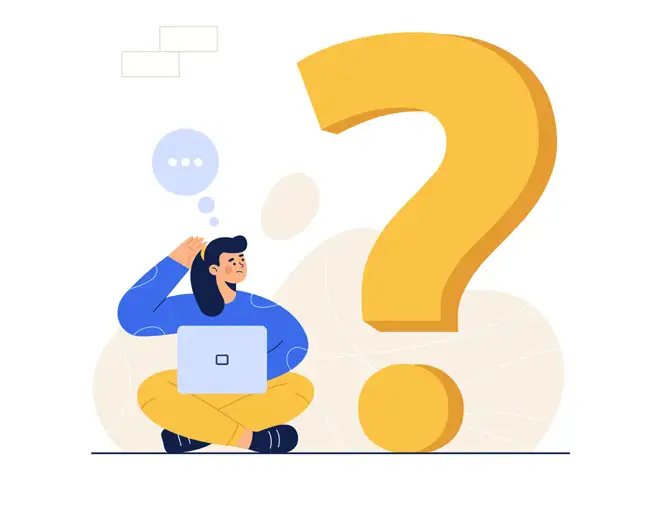IELTS Speaking Test Sample 19
IELTS Speaking Test Sample 19 with a podcast
IELTS Candidate: Arash
Part 1: Introduction
- In this part of your IELTS Speaking Test, the examiner begins the interview by asking you to verify your identity. For example, he/she may ask you about your IELTS candidate number, your complete name, and so forth.
- Then the examiner will ask you some general questions about some familiar topics, such as your home, family, work, education, hobbies, interests, and the like.
- It is recommended that you should practice this part of your IELTS exam with your English partner. If you don’t have any English partner yet, you can find an ideal one among our growing members. Click here to see the members of LELB Society.
- It is also recommended that you and your partner record the interview and listen to it in order to identify your own weaknesses.
- Please note that, in your exam, the entire interview is recorded.
- This is a dialogue or two-way conversation between you and the examiner.
- Time: 4 to 5 Minutes
Questions:
- What do you do apart from studying?
- How do you spend your free time?
- What about your hobbies?
- How’s your relationship with social media?
- How much time do you spend on these channels of communication?
- Do you think that the majority of young people spend more than an hour a day on social media?
- What is your favorite channel of communication among social media?
- When you notice that you are overusing social media, how do you try to control yourself?
- Do you use social media for your business or for socializing with your friends?
✅ Examiner’s Notes
- Mispronunciations:
- alarm: stress on the second syllable
- Most of the time, I’m playing the piano :arrow: I play the piano.
- Use simple present tense.
- I really like to playing an instrument :arrow: I really like to play an instrument
- It really impress on me :arrow: it really impresses me
- I really enjoyed it :arrow: I really enjoy it
- You are talking about habitual activities. So, you should use simple present tense.
? Part 2: Topic Card
- You will be given a topic card with some questions on it.
- You have 1 minute to consider the prompts or questions in the cue card, task card or topic card below.
- A piece of paper and a pen will be given to you to take notes and prepare your answer.
- You can practice brainstorming in preparation for your monologue with your language partner. It is recommended that you ask your language partner to listen to you answering the questions. You can also record your answer, and then listen to it in order to identify your weaknesses. After your monologue, your language partner can play the role of the examiner, asking you one or two questions about the topic card.
- After preparing your answer, then you have 2 minutes to respond to the questions.
- After responding to the questions in the topic card in maximum 2 minutes, the examiner will ask you one or two questions on the same topic.
- The overall time for Part 2 is 3 to 4 minutes.
- Most topics reflect stories about yourself and some events that have occurred to you.
Topic Card:
| Describe one of your objects / instruments that you like the most. You should say:
|
✅ Examiner’s Notes
- Mispronunciations:
- I’m going to talking about :arrow: I’m going to talk about
- I can save a lot of times :arrow: I can save a lot of time
- One of my friend :arrow: one of my friends
Part 3: Details Discussion
- Answer some follow-up questions generally about the topic card asked by the examiner.
- You should be ready to talk about more abstract ideas and issues.
- Your fluency, accuracy (grammar knowledge) and logic will be closely assessed.
- It is not a monologue. Instead, it is a two-way conversation between you and the examiner.
- Time: 4 to 5 minutes
Questions:
- Why do you think the young pay so much attention to social media?
- What are the disadvantages of using social media excessively?
- Do you think it can cause some sort of addiction to them, I mean to the young?
- Do you have any piece of advice for the young to break the destructive habits of overusing social media?
- How do you see the future of social media, for example, 50 years from now?
✅ Examiner’s Notes
- Mispronunciations:
- They really enjoy about this attention :arrow: they really enjoy catching / grabbing the attention of …
- It can take so many time :arrow: it can take so much time
- They have to be worry about :arrow: they have to be worried about …
- Young peoples :arrow: young people
IELTS Speaking Test Sample 19
IELTS Speaking Test Sample 19
IELTS Speaking Test Sample 19



